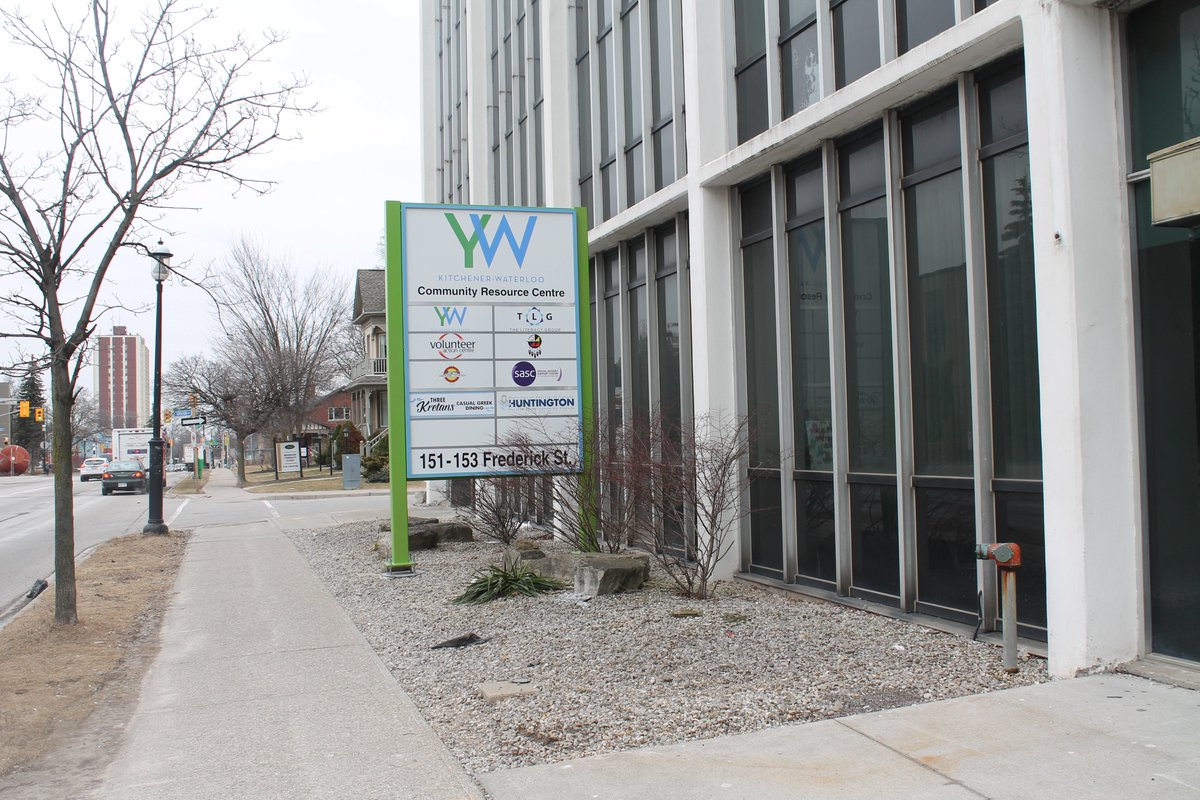This year, the Sexual Assault Support Centre of Waterloo Region (SASC) is turning 30. The trauma-informed, intersectional organization has been tirelessly disrupting violence against women since they opened in 1989, creating more and more programs to handle a growing wait list of sexual assault survivors reaching out for support.
“One of the most impactful things we can do, as individuals, is to believe survivors and believe people when they tell us their experiences,” explained TK Pritchard, the public education manager for the Waterloo Male Allies program.
“It’s not easy for people to share their stories, and when someone shares their story with us, we really have to honour that, and recognize that someone has shared something really important and just believe them and listen to them,” said Pritchard.
The feminist grassroots community organization of SASC began in 1989 when a few community members came forward with a small donation of $1,000 to get the centre started. It was a donation of airtime from an answering service that same year that started their 24-hour support line.
Two months later, the massacre at École Polytechnique occurred, which was a catalyst for shining a light on the issue.
“That really shifted things and the conversation changed,” said Pritchard. “We’ve seen lots of shifts in trends in the public dialogue and that was a moment when there was more of a recognition of violence against women.”
Receiving a generous $30,000 donation from Mutual Life Canada made it possible to hire their first staff person. Over the years, they have grown from 1 to 15 people on staff and added multiple programs to serve the growing needs of survivors.
The 24-hour immediate crisis and intervention support line is now staffed with a comprehensively trained team of volunteers. Their Family Court Support program was created to help women who have experienced abuse as they navigate the legal system. They have also added Nicky Carswell in a new role to combat human trafficking in Canada, as it’s mostly a domestic problem, with 70 per cent of it taking place here, in Ontario.
Pritchard heads the Male Allies program — one of the public education programs which facilitates various workshops, training and youth programming in schools, community groups, and workplaces for men and boys.
Since the centre was first formed, they’ve been observing how trends affect their services. Things that come out publicly in the media always inspire survivors to reach out.
“A lot of people pinpoint #MeToo as a shift in our times, but the reality is that we started to see a big increase in the demand for our services starting with the Jian Ghomeshi case and Bill Cosby, and as those really came into the public eye, then we saw that raise more calls to our support line, and more requests for counselling,” Pritchard said.
“When things like that happen in the news we get a spike in our calls. It just dominates the news cycle, and for a survivor, seeing those messages over and over again can be really impactful.”
The centre is continually looking for ways to be able to provide more services to survivors. Pritchard said that the demands for their services exceed what they’re able to provide.
“We have a significant waitlist. It’s three times worse than what it’s ever been at its longest. Over the last few years, we have seen a steady rise. The reality is that there are a ton of people in our community that need support,” he explained.
SASC would like for people to understand that there are many ways to support the centre.
“Whether it’s telling people about the centre, becoming a monthly donor, coming out to some of our events, or volunteering for the support line or gala — it’s helpful for us to share the message and get it out there.”
Beyond that, there is a need for public education. The centre hopes to see the community sharing what they want to see in the central health curriculum with local school boards and representatives, and making sure that their voices are being heard.
Pritchard also stresses that talking to young people and people of all ages about consent and healthy relationships is a major priority.
“Our tagline for the centre is “You Are Not Alone”,” Pritchard said, “because we recognize how isolating these experiences can feel for people.”
SASC hopes to continue to be a place of community and support for people so that they don’t experience that same type of isolation. Their mission is to be a part of creating a world without sexual violence and oppression for all.
They will be celebrating their 30th anniversary with their annual Signature Fundraising Gala in the fall, which usually sells out quickly. Last year’s gala had a 1940s theme with live music, entertainment and a silent auction.




Leave a Reply